 |
 |
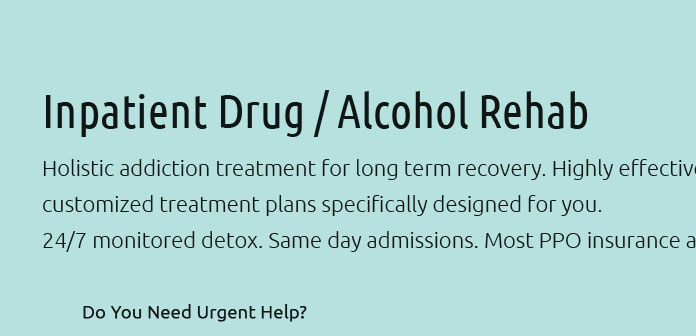 |
 |
 |
 |
||
 |
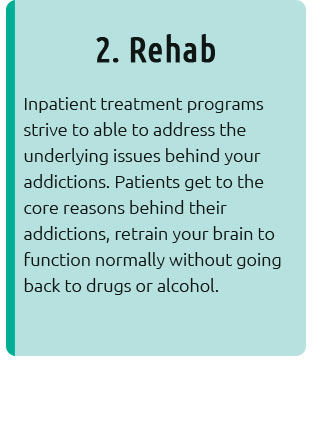 |
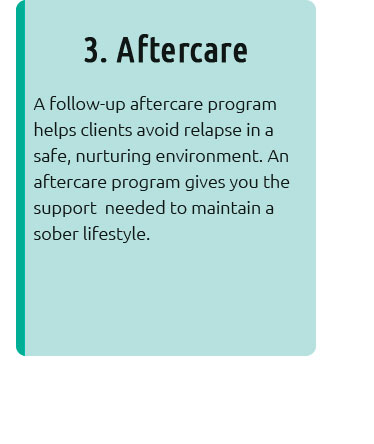 |
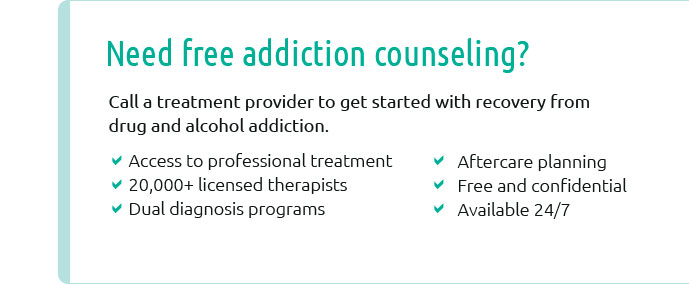 |
 |
 |
 |
||
 |
||
 |
||
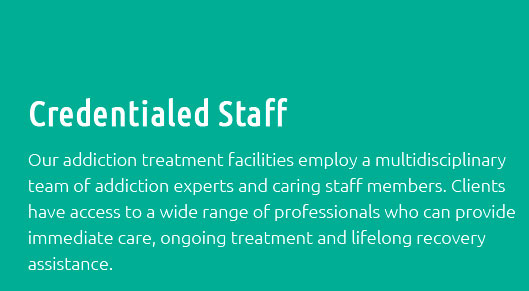 |
 |
 |
|
 |
|
Understanding Residential Inpatient Care: Frequently Asked QuestionsResidential inpatient care is a term often encountered in the realms of healthcare and rehabilitation, yet its meaning and implications might not be fully clear to everyone. What exactly does it entail? In essence, residential inpatient care refers to a comprehensive treatment program where individuals reside within a facility for a specific period, receiving around-the-clock medical and therapeutic support. This type of care is especially prevalent in the treatment of addiction, mental health disorders, and certain chronic illnesses. Let's delve into some frequently asked questions to better understand this crucial aspect of healthcare. Why Choose Residential Inpatient Care? One might wonder, why opt for residential inpatient care over other treatment options? The answer lies in its immersive nature. This type of care provides a structured environment away from potential triggers and stressors, allowing individuals to focus entirely on their recovery process. It offers a holistic approach, combining medical supervision, counseling, and peer support, which is often essential for those battling severe conditions. Who Can Benefit From This Type of Care? Residential inpatient care is particularly beneficial for individuals struggling with severe addictions, complex mental health issues, or those who have not had success with outpatient programs. It is also suitable for those who require a stable environment to rebuild life skills and coping mechanisms. The decision to enter a residential program is typically made in consultation with healthcare providers who assess the specific needs and circumstances of the individual. What Can One Expect During Their Stay? During their stay, patients can expect a structured daily routine that includes therapy sessions, group activities, and time for personal reflection. Facilities often provide a range of therapeutic modalities such as cognitive-behavioral therapy, art therapy, and physical activities, all tailored to support the individual’s recovery journey. The community aspect of residential care also plays a vital role, as interacting with others who share similar challenges can foster a sense of camaraderie and understanding. How Long Is the Typical Duration of Treatment? The length of stay in a residential inpatient program varies greatly depending on the individual’s needs and the specific program. Some programs last for a few weeks, while others may extend for several months. This flexibility is crucial as it allows for personalized treatment plans that adapt to the progress and ongoing needs of the patient. It's important to note that the goal is not merely to complete the program but to equip the individual with the tools necessary for sustained recovery. Are There Any Drawbacks? Like any treatment option, residential inpatient care has its drawbacks. The most notable is the cost, which can be significant. However, many facilities accept insurance and offer payment plans. Additionally, being away from family and everyday life can be challenging, yet this separation is often necessary for effective treatment. Another consideration is the transition back to daily life post-treatment, which requires careful planning and support. In conclusion, residential inpatient care represents a vital component of the healthcare system for those in need of intensive support. While it may not be suitable for everyone, its benefits for those facing severe challenges can be profound, offering a path to recovery that is both supportive and transformative. If you're considering this option, it's advisable to discuss it with healthcare professionals who can provide guidance tailored to your unique situation. https://soundrecoverycenters.com/residential-inpatient/
Our detox and residential treatment facility located in Sumner, is a structured inpatient treatment program with a focus on the redevelopment of life skills. https://www.psychologytoday.com/us/treatment-rehab/wa/olympia?category=residential-inpatient
We provide the highest caliber of evidence-based residential treatment for adolescents ages 12-17 struggling with depression, anxiety, substance abuse. https://www.newportacademy.com/resources/treatment/types-of-mental-health-treatment/
Outpatient programmingat an outpatient clinic or community mental health center. Inpatient carein a psychiatric hospital or the psychiatric ...
|